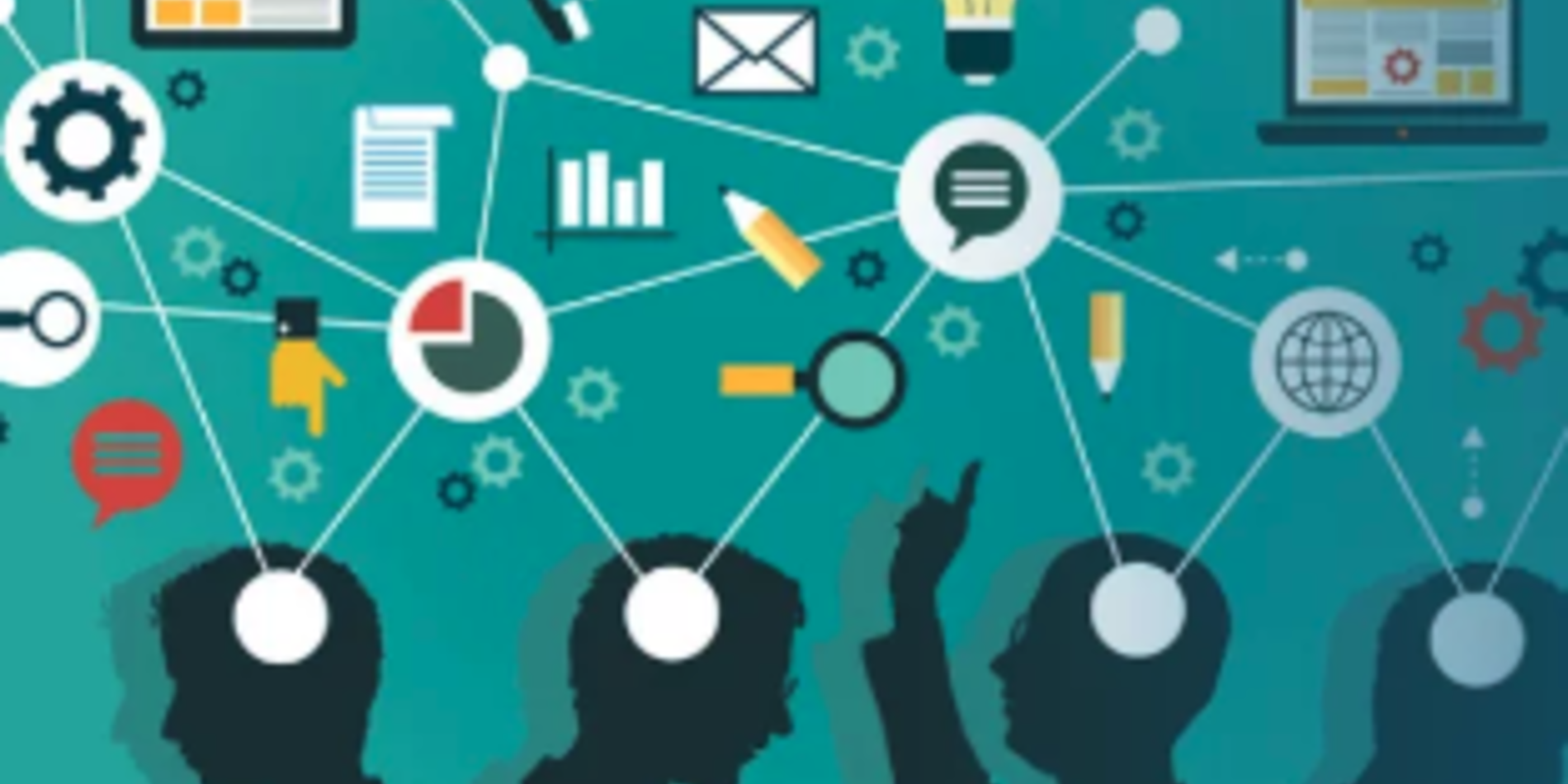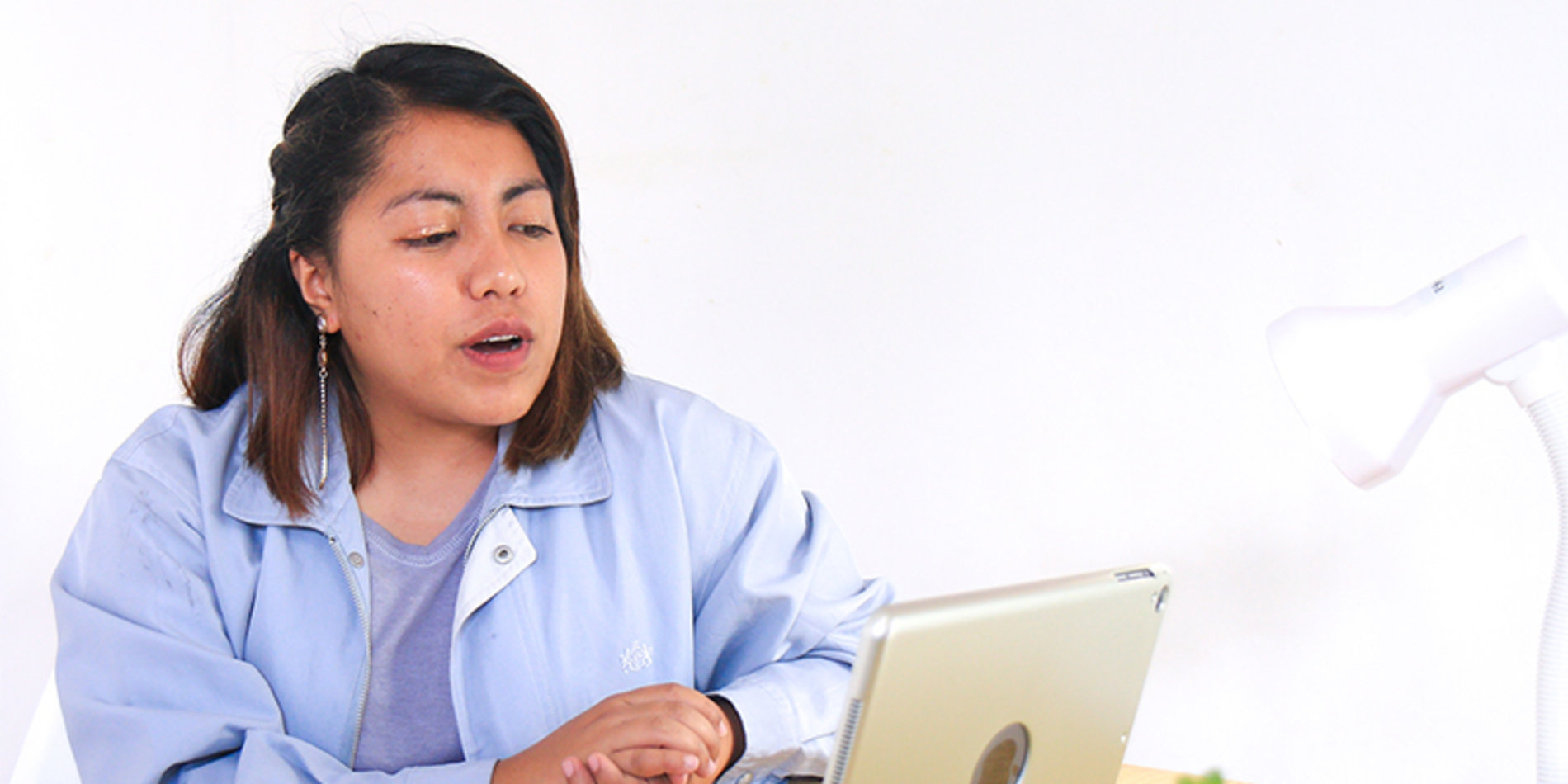Wising Up to Disinformation

How do we help people become better at detecting and avoiding misinformation without distrusting or discounting everything they read? That’s the question the Empowering Diverse Digital Citizens Lab is working to answer. With partners from the Poynter Institute’s MediaWise Initiative, the AARP, the American Library Association, and the PBS NewsHour Student Reporting Labs, Stanford communications researchers are testing digital media literacy interventions with particularly vulnerable groups. The lab’s director, Jeff Hancock, says he was inspired to bring his research outside academia after the fake news wave of 2016. Alex Mahadevan, MediaWise’s director, notes the pandemic further emphasized the “economic and moral cost of misinformation.” Working in partnership with Stanford researchers, MediaWise is testing and improving their digital literacy tools to make sure they actually help people—particularly groups that are disproportionately targeted by misinformation, such as minority communities and older adults. Testing what works and what doesn’t to promote digital literacy on platforms such as TikTok and WhatsApp, the team is also learning which tools people are excited to use.
We often think of technology, media, and misinformation as happening to us. Hancock argues that we need to focus on people, their agency, and how they use technology. By empowering individuals and changing how they engage with information online, we can build a more trusting and informed society.

